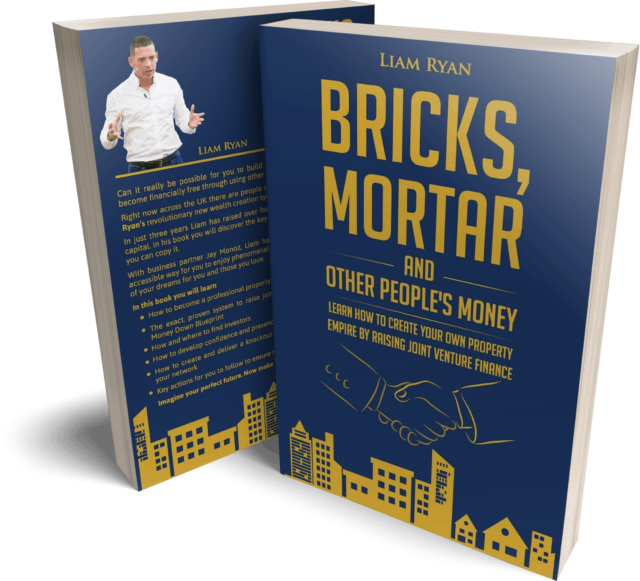Discover the best UK cities to invest in property in 2026, with strong rental demand, high yields, regeneration and growth potential.
Read More
In the world of property, property development is the process of creating new buildings or transforming existing ones to meet specific requirements. It involves several stages, from the inception of an idea to the completion of the project. It is a complex process that requires meticulous planning, excellent communication skills and the ability to work within allocated budgets and strict deadlines. In this blog, we will take a journey through the property development process from concept to completion, highlighting the key stages and providing insights on how to succeed in navigating this challenging terrain.
Table of Contents
ToggleFirstly, the process of property development starts with the conception of an idea. This may involve identifying a gap in the market or responding to demand for a new type of building that does not currently exist in the area. At this stage, developers need to conduct a feasibility study to determine the viability of the project. A feasibility study will assess the site’s suitability, market demand, financing options, and the regulatory environment. If the project is deemed feasible, the developer can move to the next stage.
The second stage is the design phase, where architects and consultants work to create a detailed design of the building. At this stage, developers should work closely with the design team to ensure the project meets their budget and time frame goals. Developers need to ensure that spatial considerations, aesthetic considerations and regulatory requirements, such as zoning laws, building codes, and environmental regulations are met.
The third stage is getting the necessary permits and approvals for the project from the relevant authorities, such as the local council. This phase can be lengthy and unpredictable, and it requires great skill and experience in navigating municipal and government bureaucracy. Developers need to ensure that they engage with the relevant authorities proactively and follow procedures to avoid any delay.
The fourth stage is the actual construction of the property, where the developers should ensure that the construction is carried out according to the specifications and design plans, budgets and timelines. Developers need to engage a construction team that is skilled, competent and licensed. During this phase, they should put in place mechanisms to monitor progress and control construction costs.
The last stage is the completion phase, where the building is finished, and occupancy permits obtained. Developers need to ensure that the finished building meets the required standards and specifications and is ready for occupation by tenants or buyers. The focus at this stage is the marketing and advertising the property for lease or sale.
In conclusion, property development is a highly complex process that requires attention to detail, excellent communication skills, and a commitment to excellence. From the conception of an idea to completion, developers need to navigate a maze of regulations, approvals and construction challenges. However, with careful planning, proactive engagement with stakeholders, and excellent execution, property development can be a lucrative and fulfilling career. If you are looking to venture into property development, follow the above steps, and you will be on your way to creating buildings that meet specific needs and enhance the community.
Want to learn the 11 steps to survive in a volatile market? Click here to get your FREE guide!
Discover the best UK cities to invest in property in 2026, with strong rental demand, high yields, regeneration and growth potential.
Read MoreThinking of selling your buy-to-let? Learn how to time the market, manage tax and maximise equity with expert landlord advice.
Read MoreDiscover UK planning permission loopholes, permitted development rights and when you can extend, convert or renovate without consent.
Read MoreLearn what the Bank of England base rate is, how it’s set, and how changes can impact buy-to-let mortgages and property investors.
Read More
Claim Your Free Copy
Assets For Life LTD is a company incorporated in England and Wales with registered number 09935286 and registered offices at Assets for Life Ltd, Suite 105, Waterhouse Business Centre, 2 Cromar Way, Chelmsford, Essex, England, CM1 2QE, United Kingdom.
Assets For Life LTD is registered with the Information Commissioner’s Office, with registration number ZA280607
COPYRIGHT © 2024 ASSETS FOR LIFE, ALL RIGHTS RESERVED. WEBSITE BY AMPLIFY MARKETING